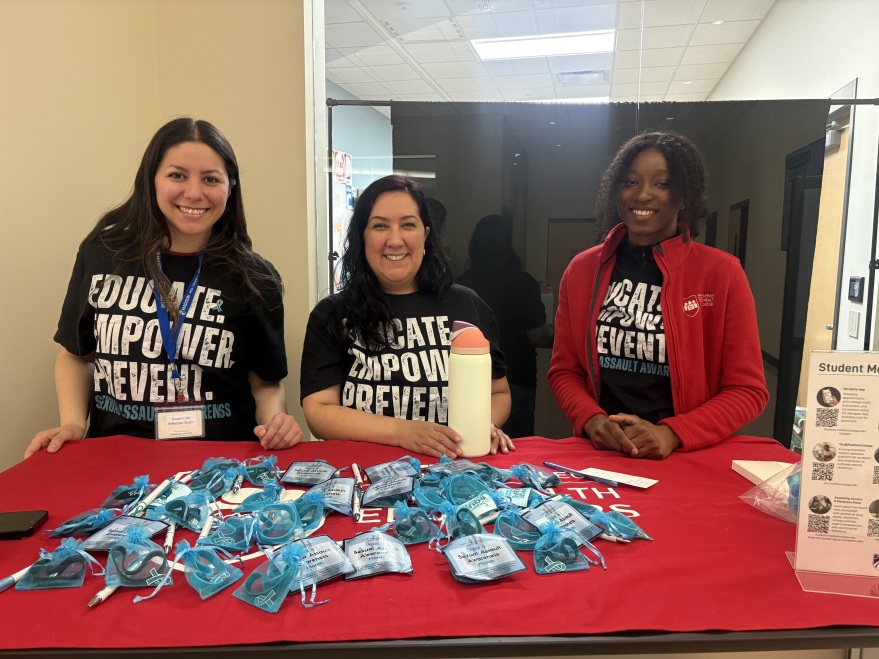On Sept. 12, the City of Fitchburg called its business meeting to order formally addressing the “Ada Deer Recognition Proclamation.” The Fitchburg Common Council read aloud a letter on behalf of the Menominee Nation through an alder from District 1 Seat 2, Joe Maldanado, recognizing the legacy of resident and Menominee Nation Legislative Leader Ada Deer.
“Ada was a member of the Menominee Nation, and the reason why it has its status as a sovereign nation,” Maldonado said prior to reading the letter he received from tribal leaders. “It is largely due to her advocacy and work along with many others.”
The council noted during the public hearing Deer served with the Fitchburg community as a member of the Commission on Aging, stating Deer changed the name in “her true fashion” to “the Commission on Aging Well.” Deer was recognized as the first Native American to run for Congress during the opening reading. Maldonado shared Deer’s words during his proclamation address, who read aloud a letter of appreciation sent to the council from members of the Menominee Nation.
“It is a great honor to share words with you the great legacy of Ada Deer,” the Menominee tribal leader’s letter to the Fitchburg Common Council stated. “Ada was born in the same building that now houses our tribal government.”
Fitchburg welcomed Deer as a legendary figure amongst the Menominee Nation. The Fitchburg community recognized her as a pioneer for her efforts not only as a resident, but her role leading Wisconsin as a woman with many attributes for trailblazing. Trailblazing followed her in the press.
“I speak up. I speak out,” Maldonado said in the summary of Deer’s words read aloud, “It is not like I plotted and planned. I just had this general goal. I want to do, I want to be, I want to help, and I have been able to do it.”
On Aug. 16, ABC News announced to the world Deer died at the age of 88. She was born on Aug. 7, 1935, in Keshena, Wisconsin, according to the report. The report indicated Deer was moved to a hospice in the previous month.
“In the early 1970s, Deer organized grassroots political movements that fought against policies that had rolled back Native American rights,” Harm Venhuizen, reporting for Report for America, noted. ”The Menominee Tribe was placed under the control of a corporation in 1961, but Deer’s efforts led President Richard Nixon in 1973 to restore the tribe’s rights and repeal termination policies.
Shortly after her death, by Aug. 18, Clay Risen of the New York Times reported Deer spent years meeting with representatives and senators organizing protests and briefs. Her work in the ‘70s paid forward as a pathfinder during the Nixon Administration where she served as the first chairwoman after Nixon passed the Menominee Restoration Act. Her hard work brought the Menominee back into being recognized as a nationally recognized tribe.
The Wisconsin Historical Society describes her legacy with identifiers such as “force for Indian rights,” “life-long learner” and “diplomacy” as her headline titles. The identifier used in her Wisconsin Historical Society profile bolded “changemaker” as her most prominent attribute. As a historical changemaker in Wisconsin she:
- Was recognized as a champion for Native people and the right of self-determination.
- Earned the Wisconsin Historical Society’s “Robert and Belle Case La Follette Award for Distinction in Public Service.”
- Developed groundbreaking classes in the 1970s on Native American issues and multiculturalism and created the first program to provide social work training on reservations.
The world knew her for her tireless advocacy efforts. Her impression on her nephew Joe Deer, her caretaker, revered the life she led. Her mark on humanity, honored by her communities rests in the awed inspired viewers of her recorded history in both the press and her everlasting Fitchburg Proclamation Declaration.
“Ada was honored for her public service to our great nation,” Maldonado said as he continued to read the letter from the Menominee tribal leaders. “Most importantly, she was Menominee. She lived her life in accordance with her cultural beliefs, showing her resiliency and determination as a Menominee woman leader.”
The Nonviolence Project, at the University of Wisconsin-Madison, recognized her as a “barrier-breaker.” URL Links provided by the project offered a glimpse of her work with the Milwaukee Public Museum’s “Menominee Termination and Restoration” exhibit, which elaborates upon empowering Native Americans. As a barrier breaker, according to the project, Deer’s experiences with child kidnapping outlined her tenacity as an advocate.
“Throughout her journey, Deer blazed many trails and racked up many awards,” KJ LeFave, UW Madison history major and article’s author said. “Deer set a precedent at UW-Madison, and everywhere else she went for effective, nonviolent Indigenous activism and policymaking.”
Women in Wisconsin.org provides facts about Deer’s speaking up and speaking out. Through UW Madison News “Ada Deer: A lifetime of firsts profile, author Kari Knutson noted Deer credits her mother for her “confidence and conviction.”
“People think you’re born this way, but you create your own way as you go along,” Deer told Knutson during an interview. “No. Your life evolves. You create your own way as you go along. You can, and I did.”
Not only did Fitchburg honor Deer, but Gov. Tony Evers on Aug. 7, 2023, proclaimed, “Ada Deer Day” as a Remembrance Day in Wisconsin. The day honors her 88th birthday as the day Wisconsin reflects upon her efforts recognizing her “strength, wisdom and passion” as a reflection of her legacy as a leader, “champion for Native American rights,” social justice advocacy and her “unwavering commitment” in service to the people of Wisconsin.
Evers recognized, in his proclamation, her run for Wisconsin secretary twice, along with her trailblazing for future generations modeling a tireless commitment to improving humanity and the indigenous way of life. Deer’s legacy, advocacy, quest for restoring the Menominee Nation and role working in President Clinton’s cabinet provide Wisconsin with the opportunity to honor her life represented by Evers outlined in his proclamation. As a member of the Fitchburg community and Menominee Nation, Deer left her mark for future leaders as a pathway for improving the world through peace and unity, which were her touchstones and mark on humanity.
“Her unwavering spirit, resilience and dedication serves as an inspiration to us all,” Maldonado read aloud. “As we mourn her loss, let us also celebrate her remarkable legacy and commit ourselves to carrying on her work.”
Fitchburg, Wisconsin, and the Menominee Nation unite under the work of Deer. Her legacy as a lifelong learner lives on through the archive at the Wisconsin Historical Society. As a first of many feats, her work as an advocate opened closed doors, paved new pathways and developed the world she chose to live in not the boundaries that set her apart.


























